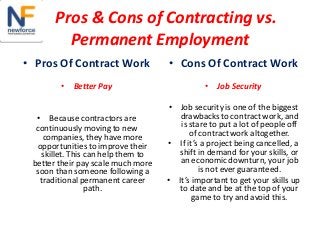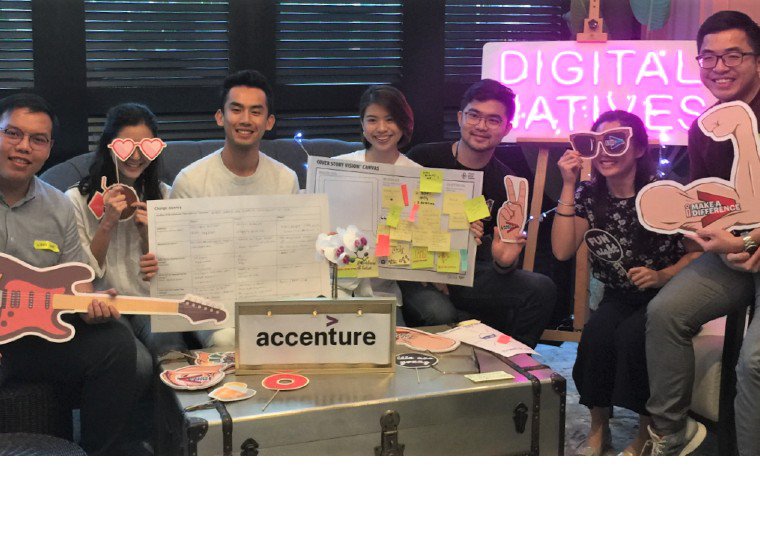
Understanding and measuring your employees' skills is key to managing human capital. This assessment will help your company develop a better pay incentive system. It will also allow you to align salaries and skill sets more accurately. A pay-for-skills system will help you avoid the high turnover rate and retain employees by providing support and encouragement for employees to grow their core competencies. This approach will make them feel more valued and stay longer with the company.
Employee engagement
Engagement is an important component of managing human resources. Engaging employees means giving them meaningful feedback and giving them a sense of purpose. It provides employees with the opportunity to speak up and give feedback. Managers should regularly communicate with staff to understand their concerns, and provide feedback.
Employee turnover is one the biggest factors that affect an organization's productivity. Gallup found that the cost of millennial turnover to organizations is $30.5 billion per year. An engaged workforce is more satisfied with their work and is likely to stay in their current position.
Performance management
Human capital performance management is a way to align an organization’s strategy with the employees' performance. It involves setting goals or objectives and ensuring everyone works in the same direction. It involves creating and monitoring individual performance plans, as well as determining compensation. In addition, performance management focuses on identifying and developing high-potential employees and key talents. This approach can be used in a variety of situations, from hiring and firing to evaluating the quality of performance and identifying training needs.

The best performance management system integrates employee engagement with performance improvement. This will ensure that employees feel engaged in learning and development. Microsoft's call-center agents gamification program is a good example. This is done to ensure employees are equipped with the knowledge and skills necessary for their jobs. To be successful, the performance system should be integrated to the employee education program.
Compensation
The right compensation can be crucial to attracting the right talent for a position. But it is crucial to remember that compensation isn't just about the money. It also involves how to motivate employees. A strong compensation management system is a key tool to help companies retain and attract top talent. A company's ability to choose the right combination of compensation can increase its revenue and efficiency.
Compensation management aims to ensure that the benefits and salaries offered are fair and appropriate for current workers. This includes analyzing employee data and staying current with complex benefits administration rules. It is important to pay employees on time and correctly, in addition to compensation.
Pay-for-performance
Pay-for–performance is a great tool to motivate employees and keep them motivated. This model gives employees the opportunity to raise their salaries by setting goals. This model is also a great way to hire highly-skilled people. This type of compensation may not be right for all companies, but it can be a motivator to top performers to stay.
Implementing pay-for performance is important. It is essential that both the CEO as well as HR departments fully support this concept. The concept is more popular when top management supports it. Middle management will likely follow their lead.

Learning
Employers can maximize the productivity and value of their people by incorporating learning into human capital management. There are many options to make learning part of your business, regardless of whether you are hiring a new or existing employee. One of the most important ways to improve your human capital is to understand industry trends and identify the needs of your staff.
You can do this by offering training to your employees. Proper training will increase employees' confidence and enthusiasm for their jobs. Employees who feel confident and competent in their work will be more productive.
FAQ
Are consulting incomes subject to tax?
Yes, you must pay tax on the consultancy profits. The amount of your earnings per year will determine the tax payable.
If you're self-employed, you can claim expenses on top of your salary, including rent, childcare, and food.
However, you can't deduct interest payments for loans, vehicle depreciation or the cost to purchase equipment.
You cannot claim back less than PS10,000 in a given year.
But even if you're earning more than this threshold, you might still be taxed depending on whether you're classed as a contractor or employee.
Employers are taxed via PAYE (pay as your earn), and contractors through VAT.
How do I start a LLC consulting business?
The first step is to decide what service provider you want to be. Then you need to make sure you are qualified for those services. It may be a good idea to seek out someone who offers the services you need and observe their work.
Once you know your product/service, you should start looking for the right market. If they don't exist, you might have to make them.
You must then decide whether you want your business to be run by you or hired others.
It is possible to also start your own consulting firm by obtaining a license from the State. But this will require a lot more paperwork and legal costs.
How do I choose a good consultant?
Three main factors should be considered:
-
Experience - How many years of experience is this consultant? Is she an expert, beginner, intermediate or advanced consultant? Does her resume demonstrate that she has the required skills and knowledge
-
Education – What did the person learn in school? Did he/she pursue any relevant courses once he/she graduated? Were there any evidences of this learning in his/her writing?
-
Personality - Are we attracted to this person? Would we like him/her to work with us?
-
These questions help to decide if the consultant suits our needs. If there are no clear answers, then it might be worth an initial interview to learn more about the candidate.
What happens after the consultant completes the job?
After the consultant completes the work, s/he will submit a final report detailing the results of their work. This report includes the deliverables and project timelines.
The report will be reviewed and you can decide if the consultant met all your expectations. You can request modifications or terminate your contract if the report is not satisfactory.
Is it possible to run a consultancy business from home?
Absolutely! Indeed, many consultants already do this.
Freelancers often work remotely through tools like Skype and Trello, Basecamp, Basecamp, Dropbox, and Slack. They may even create their own office space in order to take advantage of company perks.
Some freelancers prefer to work at libraries and cafes instead of traditional offices.
Others choose to work at home because they love being with their children.
Of course, working from home has its pros and cons. However, if you love what you do, it is worth considering.
Statistics
- Over 50% of consultants get their first consulting client through a referral from their network. (consultingsuccess.com)
- Over 62% of consultants were dissatisfied with their former jobs before starting their consulting business. (consultingsuccess.com)
- My 10 years of experience and 6-step program have helped over 20 clients boost their sales by an average of 33% in 6 months. (consultingsuccess.com)
- WHY choose me: Why your ideal client should choose you (ex: 10 years of experience and 6-week program has helped over 20 clients boost their sales by an average of 33% in 6 months). (consultingsuccess.com)
- According to statistics from the ONS, the UK has around 300,000 consultants, of which around 63,000 professionals work as management consultants. (consultancy.uk)
External Links
How To
How To Start A Consultancy Company, And What Should I Do First?
Starting a Consulting Company is a great way to make money online from home. You don’t need to have business experience or invest capital. You can start your own consulting firm by building a website. Once you have a website built, you can start using social media platforms such Instagram and Pinterest to spread the word about you services.
With these tools, you can put together a marketing plan that includes things like:
-
Content creation (blogs).
-
Establishing relationships (contacts).
-
Generating leads, also known as lead generation forms
-
Selling products (eCommerce websites)
After you have developed your marketing strategy, it's time to find clients willing to pay for your services. While some people prefer to attend networking events and groups, others prefer online methods like Craigslist, Wikijiji, or Kijiji. The decision is up to each individual.
Once you've found new clients, you'll want to discuss terms and payment options. This could include hourly or flat fees as well as retainer agreements and flat fee contracts. It's important to know what you expect before accepting a client so you can communicate clearly throughout the process.
The most common type of contract for a consultancy service is an hourly agreement. This type of contract requires you to provide certain services at fixed rates each week or month. You may be able negotiate discounts depending on what service you offer. You must fully understand the contract you're signing before you agree to it.
Next, create invoices. Send them to your clients. Invoicing is one of those things that seems simple until you actually try it. There are many ways that you can invoice your clients depending on what your preferences are. You can choose to have your invoices sent directly to your clients or to print them and send them. No matter what method you use, ensure it works for your business!
Once you have completed creating invoices you will want to collect payment. PayPal is preferred by most because it is easy-to-use and offers multiple payment options. Other payment processors such as Square Cash. Google Wallet. Apple Pay. Venmo.
Once you're ready and able to collect payments, you should set up bank accounts. You can keep separate checking and savings accounts to track income as well as expenses. Automated transfers into your bank account are a great way to pay bills.
Although it can seem daunting when you first start a business as a consultant, once you get the hang of it, it will become second nature. This blog post will provide more information about starting your own consultancy business.
The best way to make extra cash is to start a consulting business. Many consultants work remotely. This means that they don’t have to deal in office politics or work long hours. Since you are not tied down by regular working hours, you have more flexibility than a traditional employee.